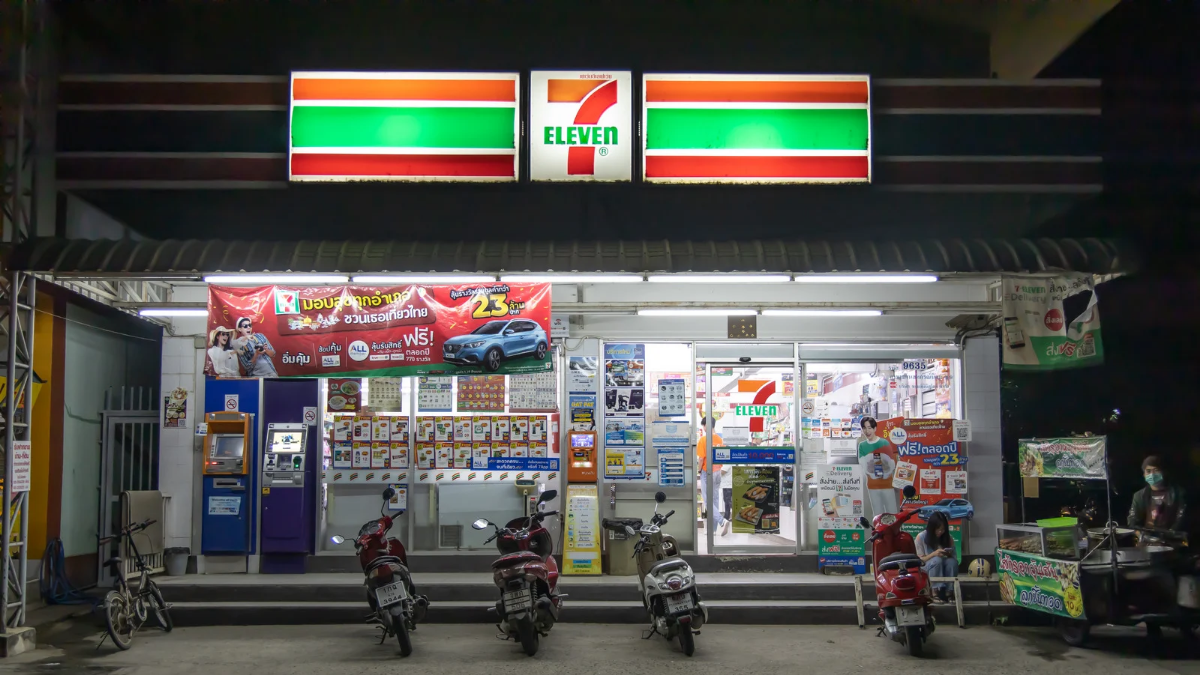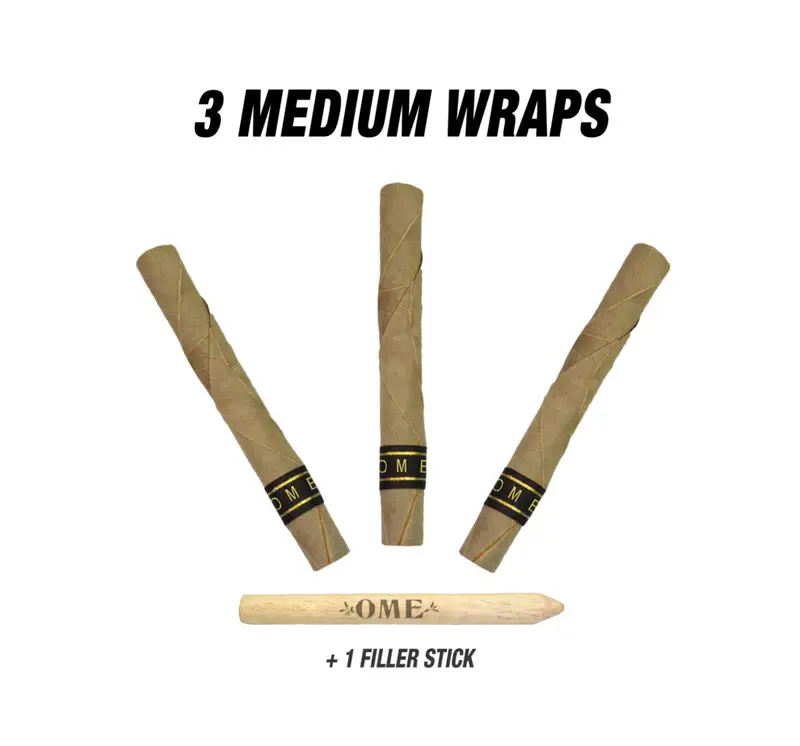7-Eleven, the world-renowned convenience store brand, has made a huge imprint in Mexico. Known for its 24/7 service and a vast choice of items, the firm has developed tremendously since entering the Mexican market. Let’s look into the history, expansion, and significance of 7-Eleven in Mexico.
The History of 7-Eleven in Mexico
7-Eleven’s history in Mexico started in 1976 when the first shop was established in Monterrey, Nuevo León. This marked the company’s expansion outside the United States and established the basis for its development across Latin America. Since then, 7-Eleven has become one of the biggest convenience store brands in the nation, with thousands of stores throughout numerous cities.
The Growth of 7-Eleven in Mexico Expansion of Store Locations
The business has developed fast throughout Mexico, with a considerable concentration of outlets in key cities including Mexico City, Monterrey, and Guadalajara. This rise has been fueled by the desire for convenient, round-the-clock shopping alternatives and a business strategy that relies on franchise agreements.
Franchise Model and Business Strategy 7-Eleven’s franchise model has played a vital role in its expansion in Mexico. The firm connects with local entrepreneurs, which enables for quick development while giving franchisees with the assistance and training required to manage successful locations. The franchise concept has allowed the corporation to adjust to local market situations while keeping a consistent brand experience.
What Makes 7-Eleven Popular in Mexico?
24/7 Convenience
The option to buy 24 hours a day, seven days a week is a key lure for Mexican customers. Whether it’s picking up a quick snack, purchasing critical home supplies, or getting a cup of coffee, the convenience of being open around the clock makes 7-Eleven a go-to option.
Product Variety 7-Eleven outlets in provide a broad selection of items, including snacks, drinks, cooked entrees, and even basic groceries. They also pander to local preferences, selling things like tamales, empanadas, and other Mexican drinks. The availability of both local and foreign items draws a wide client base.
Slurpee and Big Gulp: Iconic Beverages
The introduction of Slurpee and Big Gulp beverages has also helped to 7-Eleven’s success in. These famous drinks have become popular, particularly during the hot summer months, and have helped to define 7-Eleven as more than simply a convenience shop.
The Impact of 7-Eleven on the Mexican Market Job Creation
The proliferation of 7-Eleven outlets has resulted in tremendous employment creation throughout the nation. Each shop employs a number of staff people, from cashiers to managers, contributing to local economies.
Boosting the Economy
The franchise model not only provides employment but also promotes the economy by offering possibilities for local businesses. These franchisees benefit from the established brand and the company’s backing, which helps grow local companies.
Competitive Market
With other local and foreign convenience shops operating in Mexico, 7-Eleven has played a part in fostering a more competitive market. This competition helps customers by keeping pricing fair and fostering innovation among convenience retailers.
Challenges Faced by 7-Eleven in Mexico Security Concerns
Operating 24/7 might provide security issues, particularly in locations with higher crime rates. While 7-Eleven takes precautions to safeguard the safety of its personnel and customers, it is an ongoing worry.
Adapting to Local Preferences
Although 7-Eleven has added local items to suit to Mexican preferences, competition from traditional mom-and-pop businesses, known as “tienditas,” still provides a problem. These tiny businesses frequently provide customized attention and credit possibilities that 7-Eleven cannot match.
Future Prospects for 7-Eleven in Mexico Expansion into Rural Areas
While 7-Eleven has a significant presence in metropolitan regions, there is scope for expansion in rural villages. Expanding into these locations will not only enhance the company’s market share but also provide contemporary retail convenience to underdeveloped communities.
Embracing Technology
As e-commerce and digital payments continue to rise in Mexico, 7-Eleven is well-positioned to respond by adopting additional technology solutions. Mobile payment alternatives, self-checkout kiosks, and delivery services might improve customer experience and keep the brand relevant in a quickly changing retail industry.
Conclusion
7-Eleven has become a fixture in Mexico, delivering convenience, a large choice of items, and a business strategy that promotes local companies. Despite hurdles like as competition and security concerns, the company’s expansion shows no signs of slowing down. With sustained development and an emphasis on technological innovation, 7-Eleven is likely to remain a leader in the Mexican convenience store sector.
FAQs 1. When did 7-Eleven build its first shop in Mexico?
7-Eleven launched its first shop in Mexico in 1976 in Monterrey, Nuevo León.
- What things does 7-Eleven sell in Mexico?
7-Eleven provides a range of items, including snacks, drinks, prepared dishes, groceries, and local delicacies like tamales and empanadas. - Is 7-Eleven in Mexico open 24/7?
Yes, most 7-Eleven outlets in Mexico are open 24 hours a day, seven days a week. - How has 7-Eleven contributed to the Mexican economy?
7-Eleven has helped to the Mexican economy by generating employment and giving franchise possibilities for local businesses. - What problems does 7-Eleven confront in Mexico?
The firm has obstacles such as security issues and competition from conventional “tienditas” (little mom-and-pop shops).





